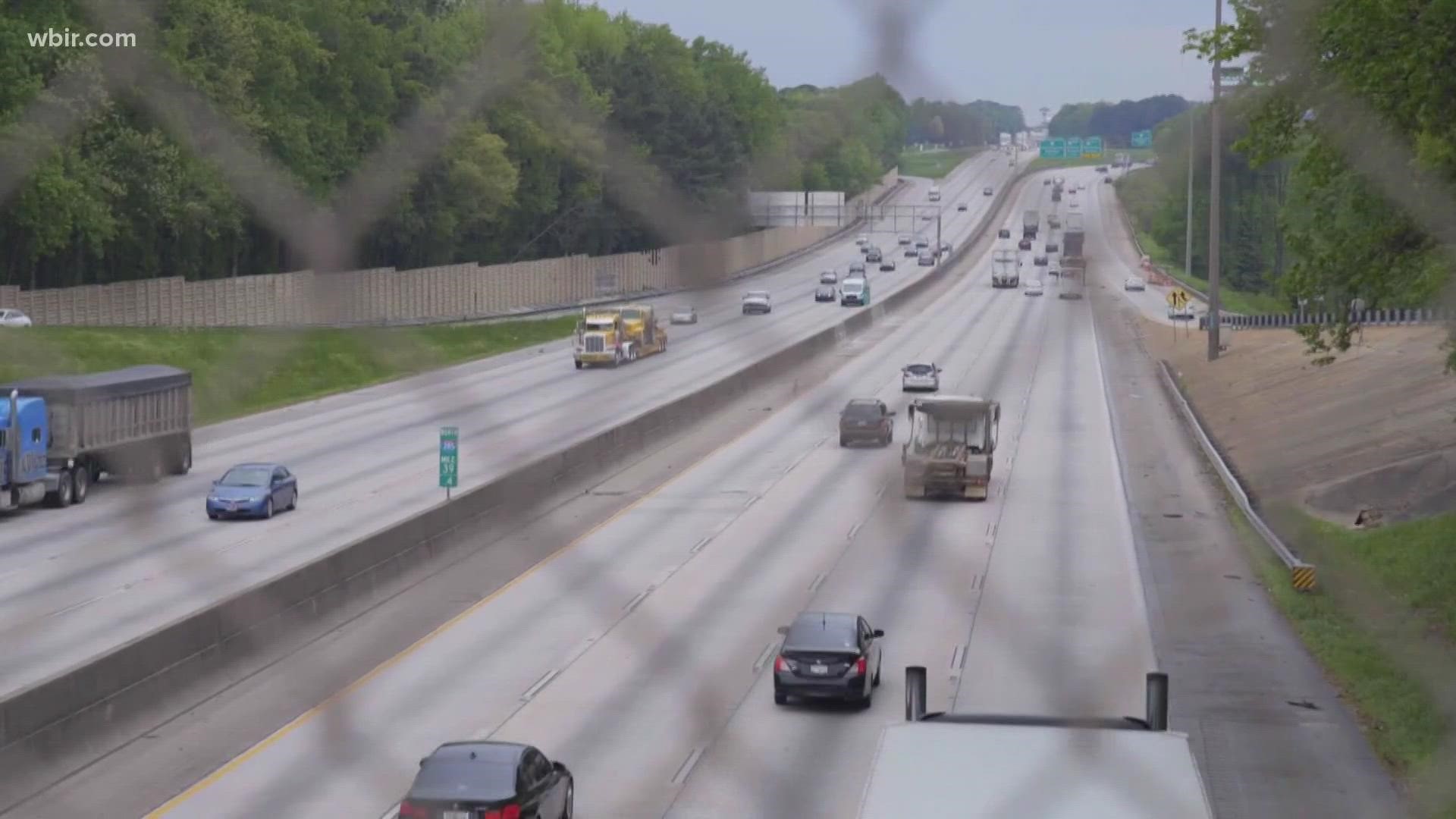KNOXVILLE, Tenn. — The Knoxville City Council approved a new policy Tuesday reducing the speed limit to 25 mph on roads without posted speed limits. The city's department of engineering recommended making the change to make roads safer.
Currently, drivers can go 30 mph on roads without posted speed limits. They can also go 15 mph in the city's school zones and 15 mph in alleys.
They discussed the ordinance on its first reading during their Nov. 30 meeting. The new speed limit will go into effect in July 2022.
During the meeting, officials raised concerns about enforcement and said they would need to work hard to make sure communities were aware of the change before it went into effect. Otherwise, they were worried about people being pulled over before without realizing they were speeding.
The city council also approved a new policy that eliminates the required minimum speed limit on city roadways.
Council members made e-scooters a permanent part of Knoxville in an 8-1 vote, concluding the city's pilot program. They proposed creating a "Shareable Personal Micro-mobility Vehicle" permit which would be required for companies to offer the scooters. Companies would also be limited to 300 traditional scooters each, with 50 shareable bikes and 30 seated scooters allowed per company.
However, leaders amended the policy. Now, e-scooters would not be allowed on the city's greenways. However, city leaders said that the policy can be changed in the future after other leaders of the city's parks have a chance to discuss the scooters' impact on greenways.
During the meeting, councilwoman Amelia Parker also urged officials to further educate the community about how to use the e-scooters. Other council members, including Janet Testerman, wondered if the corral system could lead to more scooters on roads as time goes on.
Previously, council members also approved a grant that would provide the McNabb Center with $35,000 from the American Rescue Plan Act. That money would be used to map ways people with behavioral health issues interact with the justice system, in a Sequential Intercept Model.
The model is expected to identify gaps in the system and develop a list of priorities community leaders should focus on to improve it. It will be the second model in Knoxville since the last was implemented in 2015.
The model will be developed over a 2-day workshop that focuses on how people with behavioral health needs come into contact with the criminal justice system and flow through it. The workshop will include virtual meetings with stakeholders and community agencies before the McNabb Center hosts an in-person workshop.
They also voted to give $100,000 to CONNECT Ministries, to support housing assistance. The city gave the nonprofit $200,000 around 6 months ago to serve 60 people.
The nonprofit said that it helped 162 people with security deposits with that money, helping families overcome a major hurdle towards stable living.
"Some people come in there, they're downtrodden," said Monica Reed, the director of operations at CONNECT Ministries. "Down in their spirit. THey have real tears. Adults have real tears of hurt and pain and struggle. The struggle is real. So that what we do, give them hope and give them a hand up."

